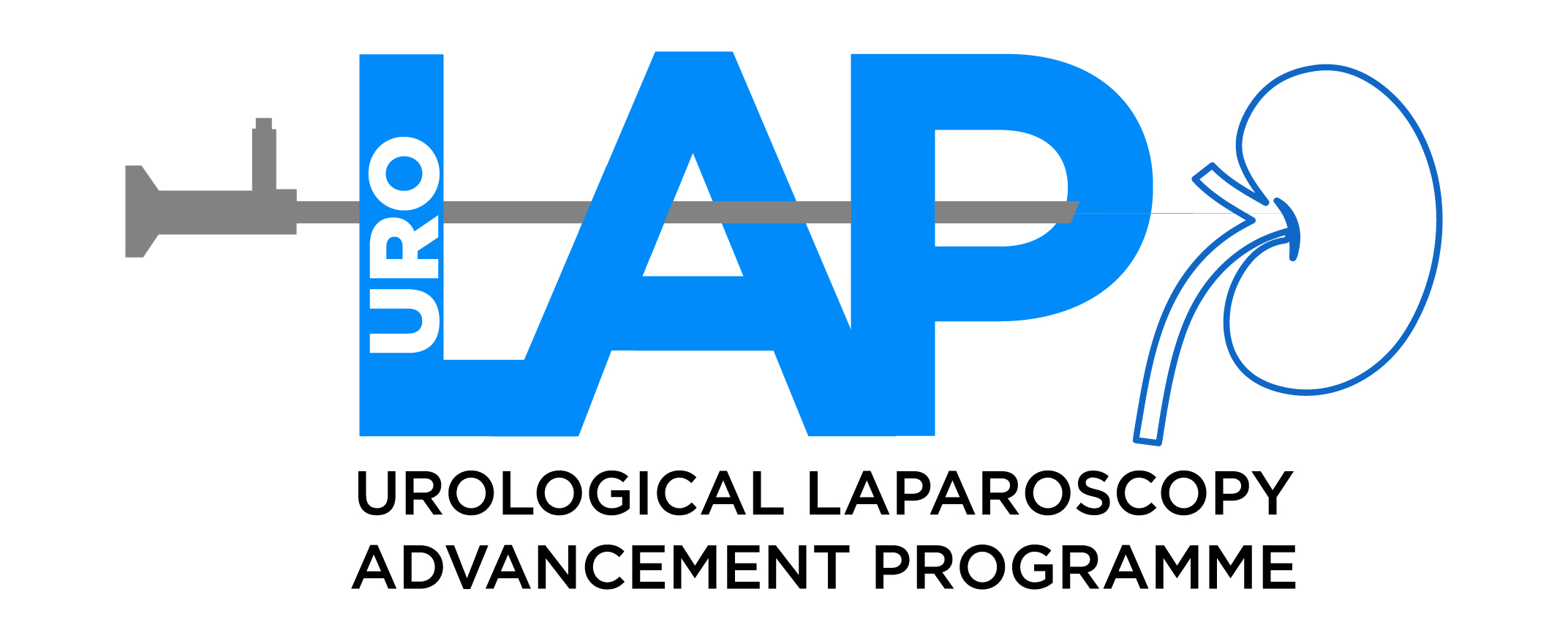About Us
About Us
About UroLap
Laparoscopic urological procedures have been regularly conducted in developed nations for the past four decades and are swiftly being supplanted by robotic surgery. However, in developing nations, particularly across Sub-Saharan Africa, their adoption has been minimal, depriving patients of the advantages of this surgical method, such as swift post-operative recovery and return to work. These benefits are particularly crucial in low- or middle-income countries, where patients often feel compelled to resume work early to support their families financially.
The healthcare challenges encountered in developing nations are fundamentally distinct, encompassing the urgent need to address alarmingly high rates of child and maternal mortality, prioritize communicable disease control and response to outbreaks, implement Water, Sanitation, and Hygiene (WaSH) initiatives, and deliver healthcare services in regions affected by conflict and natural disasters.
Consequently, the acquisition of robotic technology remains a distant prospect in developing nations, as healthcare funds understandably prioritize more basic healthcare needs, incorporating both primary care and public health interventions.
While conventional laparoscopy is gradually becoming outdated in developed nations, it still holds significant potential for modernizing urological care and bestowing its benefits upon patients in developing economies. Thus, recognizing the necessity for a specialized organization to promote urological care in areas where it is most needed, UroLAP was founded.
In October 2019, our founding member, Dr. Zeeshan Aslam, responding to an invitation from the Department of Urology at Hospital General Idrissa Pouye HOGIP (formerly Hospital General Grand Yoff) in Dakar, Senegal, organized a laparoscopic workshop at HOGIP, featuring faculty members from the UK and from the Middle East.
The workshop proved to be highly successful. It became evident that many tertiary care units in developing nations possess the requisite infrastructure and urological workforce to commence laparoscopy services. However, the lack of training opportunities poses a significant obstacle to establishing these services. Since 2019, regular workshops have been held at HOGIP, Senegal, and have since expanded to include the University of Benin Teaching Hospital in Nigeria and various institutes across Pakistan, yielding positive outcomes.
Throughout this period, our faculty has remained committed to delivering high-quality, safe, and sustainable laparoscopic training, supporting the development of local training programs through dedicated mentoring. Our focus extends beyond training individual surgeons; we strive to fortify the infrastructure necessary for safe and reliable laparoscopic surgery in the institutions we collaborate with.
While UroLAP’s primary focus remains on equipping units with laparoscopic expertise, we remain steadfast in facilitating training across other facets of urology as well.
Our Supporting Organizations

